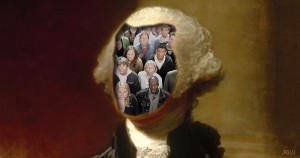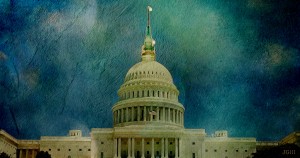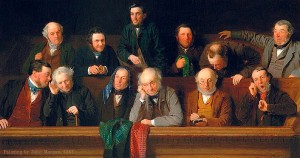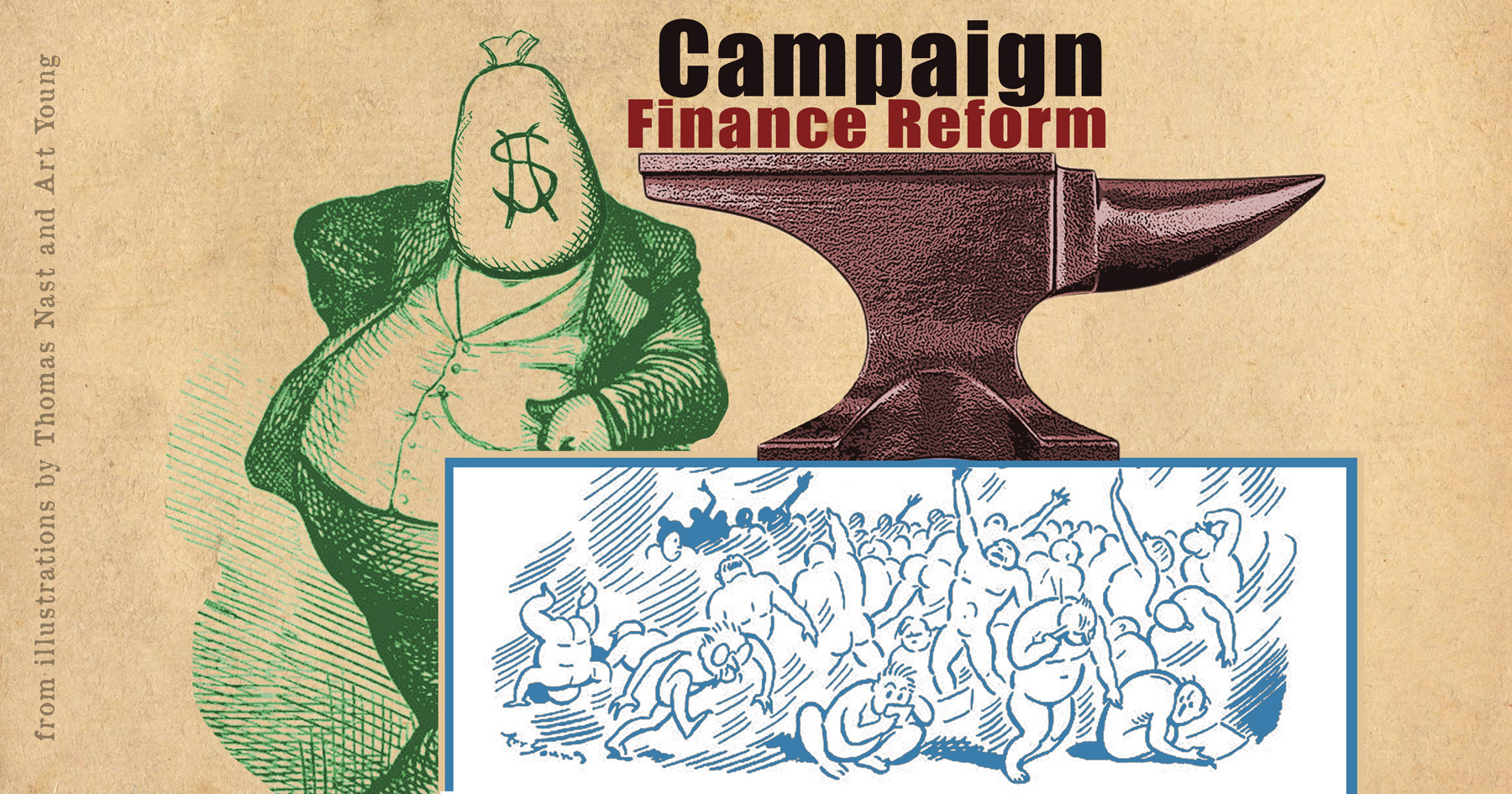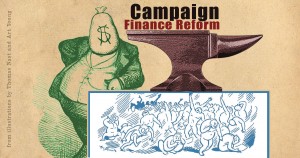The over-riding reason to end the War on Drugs is to re-establish the rule of law in this country.
From Nixon and Reagan to the present time, America has vastly increased the population of prison inmates, many of them for drug offenses. The “land of the free” shouldn’t boast a larger population (per capita and total) of unfree persons than any other nation on the planet.
Further, in the mania to apprehend contraband drug users, producers, and traffickers, we’ve pretty much lost Bill of Rights protections on our lives and our property.
We’ve armed nearly every conceivable division of government against us, turning local, state and federal police “services” into police state apparatuses that hound and steal from portions of our population — which turns them from citizens into fearful, resentful, servile subjects. Meanwhile, the use of civil asset forfeiture and other policing for profit schemes corrupt our police forces in a serious and fundamental and “King Georgish” way.
Sam and John Adams, Toms Jefferson and Paine — they’d all be aghast at what we have become.
But what of the growing tide to legalize/decriminalize marijuana? Reading a report by Steven Greenhut in Reason, it becomes apparent that not every step moves us towards a rule of law. Some steps in “regulating and taxing” cannabis may be more about using crony capitalism to choose winners and losers.
Let’s use some common sense from lessons learned with alcohol — er, with regulating alcohol, that is. Keep marijuana away from the kids and keep the over-regulation of marijuana away from adults.
This is Common Sense. I’m Paul Jacob.





